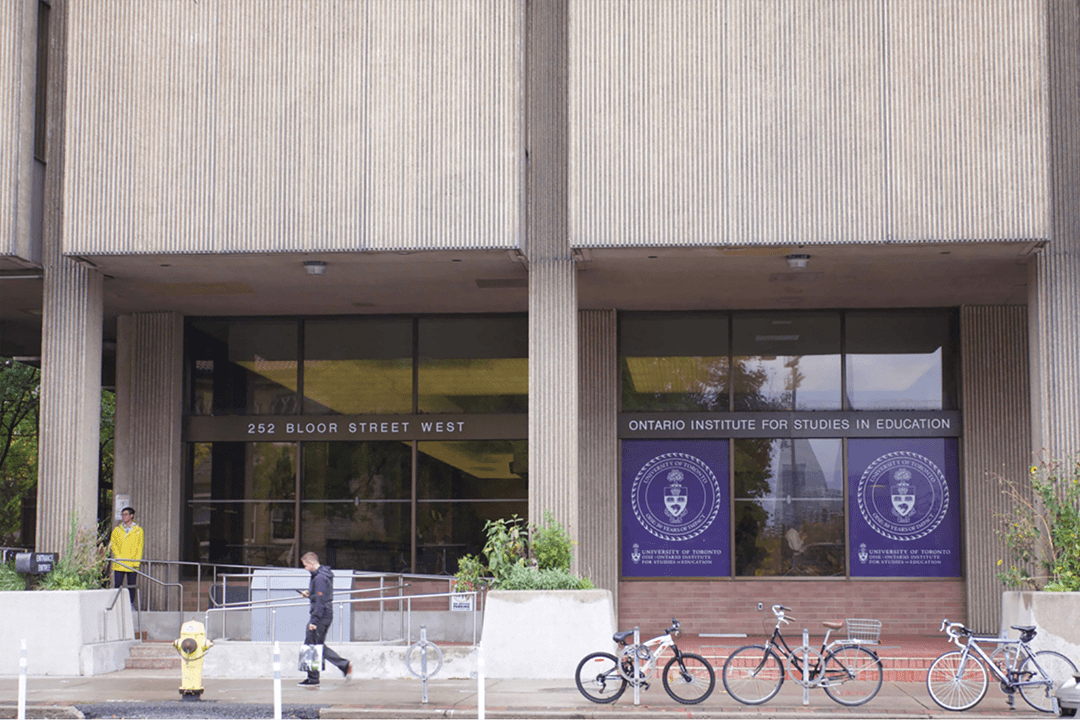On February 15, the Centre for Black Studies in Education, the Centre for Leadership and Diversity, and the Centre for Integrative Anti-Racism Studies at U of T hosted a webinar titled “Building belonging between, within, and across Black communities and spaces.” At the event, Black faculty from the Ontario Institute for Studies in Education (OISE) shared their experiences bringing Black stories and issues into academia.
Introductory remarks
To begin the event, three OISE professors presented comments about their experiences and efforts as Black educators.
Professor Erica Walker, dean of OISE, presented introductory remarks, where she reflected on growing up in a majority Black neighbourhood. She told the audience that the vibrant community and multiple social and cultural spaces shaped her education within and beyond school.
“It goes without saying [that] I am deeply troubled by movements to erase Black narratives and histories from our systems of education — considered broadly from libraries, from schools, [and] from the media discourse — when all evidence shows that our narratives and histories have been too often obscured and underrepresented,” said Walker.
Recently, the United States’ College Board removed topics such as Black Lives Matter, as well as authors associated with critical race theory, Black feminism, and Black queerness, from the curriculum for their new Advanced Placement course in African American Studies, following backlash from some conservative leaders.
Njoki Wane — professor and chair of the Department of Social Justice Education at OISE — and Ann Lopez — a professor in the Department of Leadership, Higher and Adult Education at OISE — emphasized the importance of collecting, archiving, and disseminating Black stories as a process of healing.
Wane and Lopez co-direct the Centre for Black Studies in Education, which the OISE Council approved in December 2021 and which acts as a new Extra Departmental Unit. Wane expressed their hope that the centre would be a space where Black people can liberate their minds, work together, and challenge each other.
Belonging in a Black community
The three panelists — Assistant Professors Linda Iwenofu and Qui Alexander, as well as lecturer Marie Green — focused their discussion on the theme of belonging in the Black community.
Iwenofu highlighted the importance of raising awareness about Black people’s mental health struggles and the obstacles they face when seeking help. “Because of the barriers to getting the help that people need — like stigma [and] lack of access to providers — their sense of belonging as they try to navigate these community spaces really suffers, and along with it, their mental health outcomes,” she said.
Alexander discussed their experiences as a Black queer person and their investment in furthering abolition and liberatory movements outside formal classrooms. They spoke about the role that community organizing plays in ensuring Black queer people feel accepted. “People are afraid of things that they don’t know. People are afraid of identities that they’re not familiar with,” they said.
Alexander highlighted how building relationships and sharing experiences can combat marginalization. They said that it’s important for Black people — especially those who are trans — to not only speak about the violence they experience, “but also the joy and the love and the reverence and the care that we’ve created, despite being isolated from our communities.”
“Find your community, find the people who you feel safe with and start there,” Green told the audience. “But most importantly, please just know that you deserve it.”


